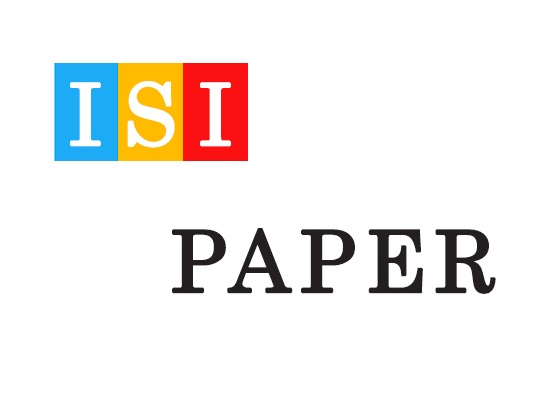دانلود رایگان مقاله ISI درباره افشاگری،مدیریت درامد ها،پایش متمرکز و عملکرد صحیح شرکت
دانلود رایکان مقاله انگلیسی ISI با موضوع تاثیر مدیریت درامد ها بر میزان افشاگری و عملکرد صحیح مالی

عنوان فارسی مقاله:
تاثیر مدیریت درامد ها بر میزان افشاگری و عملکرد صحیح مالی: سندی از شرکت های فهرست شده در هنگ کنگ
عنوان انگلیسی مقاله:
The Impact of Earnings Management on the Extent of Disclosure and True Financial Performance: Evidence from Listed Firms in Hong Kong
دانلود رایگان مقاله ISI با فرمت PDF:
مشاهده توضیحات کامل و خرید ترجمه فارسی با فرمت ورد تایپ شده:
بخشی از مقاله انگلیسی :
2. Literature and Issues
Hong Kong is a laissez-faire capitalistic economy and generally considered one of the
world’s largest financial centres. The choice of Hong Kong in this study is premised on strong
recommendations and mandatory regulation reforms for increasing the amount of disclosure in
all listed companies. The HKSE has strongly revised disclosure requirements (Code of Best
Practice) in the last decade following the collapse of big corporations in the U.S. and U.K. as
well as the East Asia financial crisis. It requires companies to make timely public disclosure of
price-sensitive information and encourages them to communicate more with investors and
shareholders through annual reports. On the other hand, industrial diversification, increases in
foreign investment, and the emergence as a financial centre have led to higher demand for
financial reporting disclosures.
2.1 Disclosure and Firm Performance
Traditional disclosure models argue that information is often qualitative in nature. It is
generally assumed that the extent of disclosure is an adequate measure of the quality of
disclosure, which is not separable information in many empirical settings (Botosan, 2004). In
the model, information yields various benefits for shareholders by mitigating information
asymmetry and agency conflicts. Disclosures are expected to improve market liquidity and to
lower the cost of capital. In addition, it can potentially improve corporate governance and
managers’ investment decisions. Other indirect and possibly reinforcing shareholder benefits
include greater analyst following and the attraction of certain investor clientele, such as
institutional investors.


